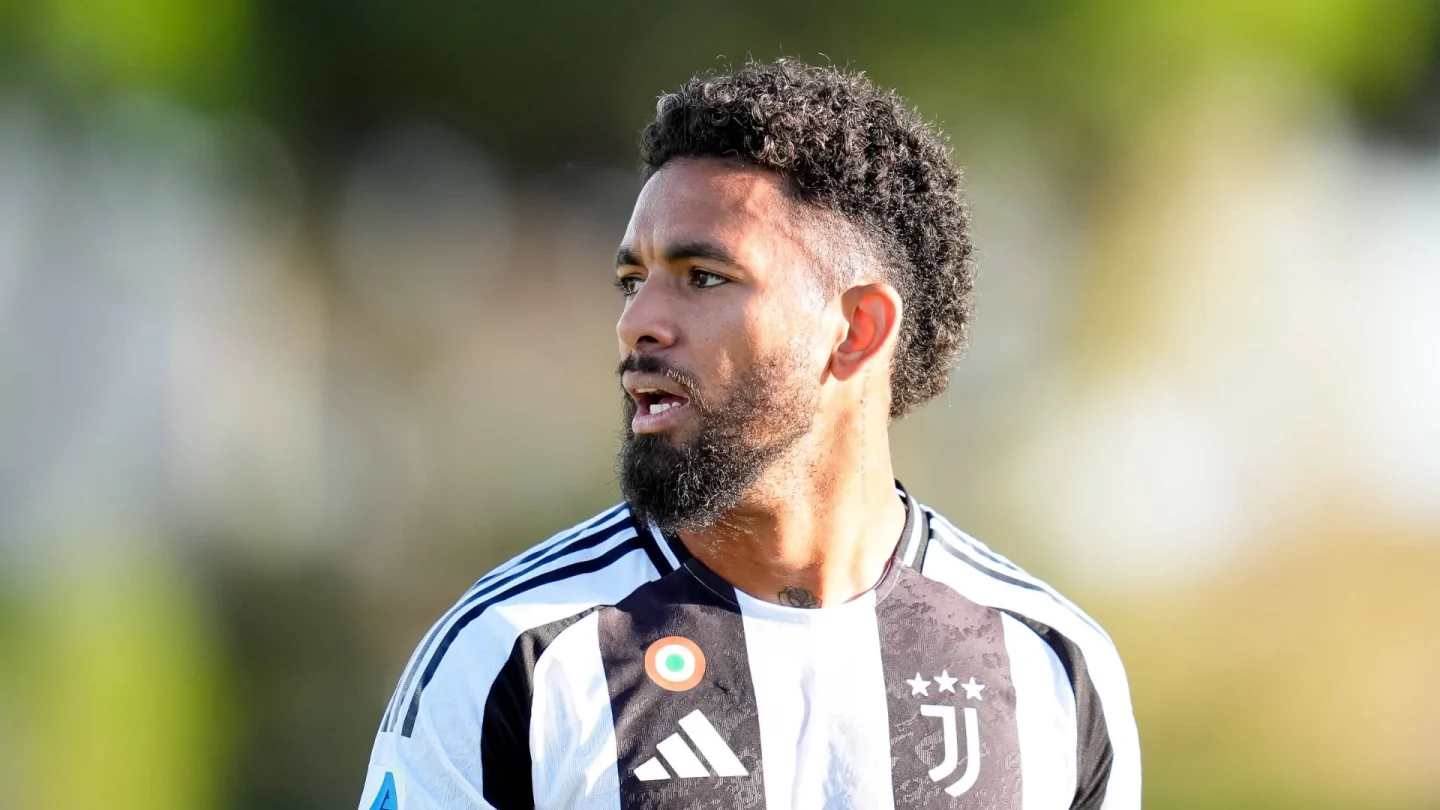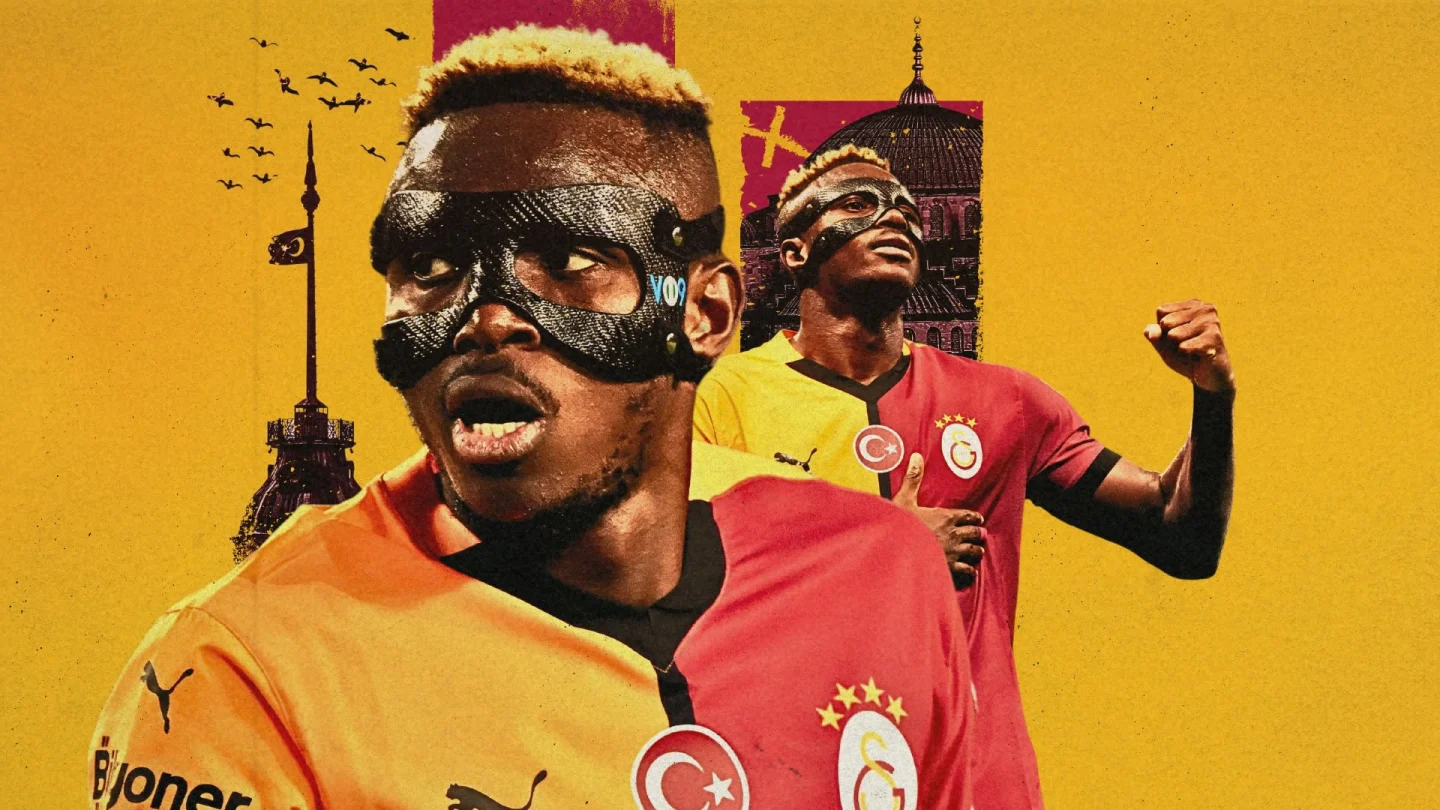The UEFA Champions League is the most prestigious tournament in European club football. It brings together the top teams from different leagues to compete for ultimate glory. Founded in 1955 as the European Cup, it has grown into a global spectacle watched by millions. From thrilling group stage battles to dramatic knockout rounds, the tournament never fails to deliver excitement. Some of the greatest football moments in history have happened on this stage.
But how did the Champions League grow into what it is today? What transitions did the tournament undergo to develop from a small event to a global giant? Who are these legends in the history of European football? Only a fan of football will get excited for answers to these questions.
Get ready for incredible insights into the UEFA Champions League. Step by step, chronologically with a hint of modernity, we shall take you through its transformation, records, and unforgettable moments. Let’s get started!
Origins of the European Cup

The UEFA Champions League was not always like that. The tournament was born in 1955 as the European Cup, born out of the need to determine the best club team in Europe. French journalist Gabriel Hanot was the pin with some of his colleagues at L’Équipe, which, under the pressure and support of UEFA, saw the first edition take place during the 1955–56 season, featuring 16 teams representing various European countries-all hoping for a single trophy.
The format was, however, rather simple and really tight. Each match was played over two legs, one on the home ground of each team-anyway the team which had the higher aggregate score entered the next round. There was no group stage or second chance. It was like a gamble with life on the line. That knockout system from the start provided enough drama and captured the attention of football fans all over Europe.
The first-ever final was played in Paris, with the formidable Real Madrid facing the Stade de Reims. It was quite a match, as Real Madrid came from behind to win 4-3 and insert themselves into history as the very first European champions. And that was just the beginning of the Real Madrid domination in this competition. The first five editions would see them glory upon glory, an evocative standard, incomparable to anything in Europe.
With each passing season, the European Cup grew in reputation. More teams wanted to participate, and the level of competition kept rising. What started as a simple knockout tournament was slowly evolving into something bigger. The foundation was set for what would later become the UEFA Champions League, the most prestigious club competition in world football.
Transition to the UEFA Champions League
European football was undergoing a radical transformation by the early 1990s. For decades, the European Cup had been a great success, but UEFA wanted to turn it into an even bigger competition. In 1992, it was officially rebranded into the UEFA Champions League, marking the beginning of a new era in club football rather than just a name change.
One of the biggest changes involved the introduction of the group stage. Instead of just knockout games, teams were put into groups and played a round-robin with each other. This opened up more games with top teams and gave the clubs a second chance to advance. This indeed added excitement and unpredictability to the tournament. Over the years, the format has grown increasingly diversified, and has allowed the inclusion of more clubs with multiple qualification rounds.
The transformation produced a major impact on European football. The Champions League became the most prestigious and lucrative of club competitions in a short time. The new format attracted more sponsors, broadcasters, and global fans. Clubs with good performances in the tournament reached worldwide fame, which earned them better incomes that were used to bring world-class players to their teams. The gap got wider between the big clubs and the small ones. But the fame and aura of the Champions League rose beyond limits.
This modernization has turned the tournament into a global spectacle. The Champions League anthem, the famous floodlit nights and legendary confrontations between Europe’s biggest clubs became legendary. A simple knockout competition had now turned into the worldwide football event followed by millions of fans each season.
Evolution of the Tournament Format
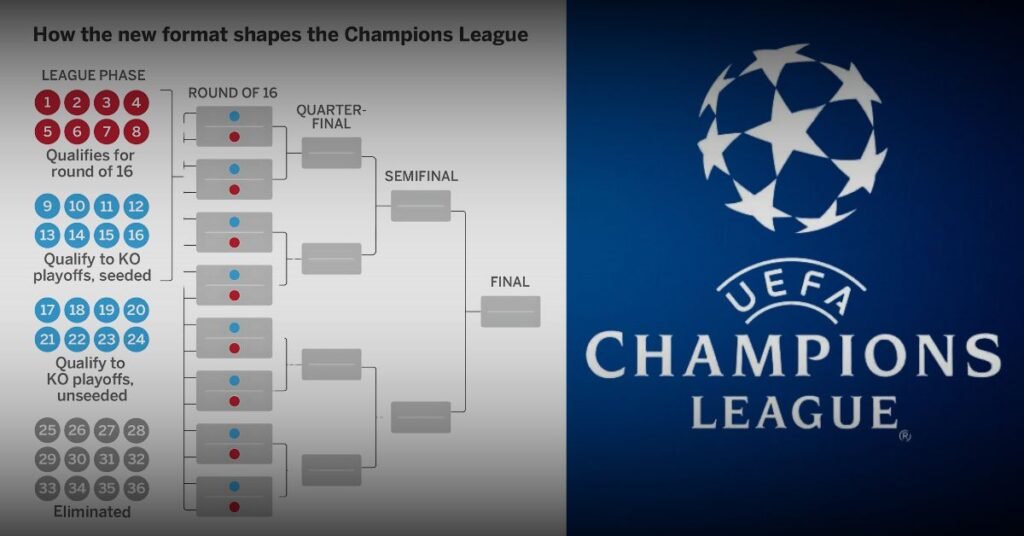
From the time it was rebranded in 1992, the UEFA Champions League has experienced several modifications to its format. Arguably the most far-reaching was the introduction of various methods of qualification. The same was open only to league champions from every country. With the eventual growth of competition, UEFA allowed more clubs from the stronger leagues to qualify, which caused countries like England, Spain, Germany, and Italy to enter multiple clubs, which again added to the competition.
The group stage also expanded gradually over time. Initially, in its first few years of existence, only a handful of teams competed and moved straight to the knockout stage. By the late 1990s and early 2000s, UEFA increased the number of group slots, allowing 32 teams into the group phase. Following the enlargement, the clubs were put into eight groups, playing home and away matches, with the top teams advancing to the knockout rounds. This development resulted in more high-stakes matches between Europe’s top teams, allowing clubs to increase revenue from TV deals and sponsorships.
The Champions League seems to be poised for another major change. The tournament, now expanding with some more substantial revisions, is adopting the league phase from the 2024-25 season, almost abandoning the traditional group stage. Instead of eight groups with four teams each, all 36 will be in one league table with each club playing eight matches against different opponents; the top teams will qualify for the knockout rounds. The aim of this new format is to provide even more exciting matchups and further engage fans.
Such changes highlight reasons why and how the Champions League is changing once again. From the original knockouts it has morphed into an exhibition that’s watched by billions. With growth in football, the Champions League responds with utmost assurance that it would forever remain the harvest at the pinnacle of commercial appeal.
Historic Milestones and Memorable Matches

The UEFA Champions League has had its share of moments to cement it in pages of great football history. From some nail-biting last-minute goals to some epic actions, the tournament has provided fans with memories worth cherishing for a lifetime. Over the years certain finals and matches have created quite a legacy in their very own respect for the competition.
One of the most talked-about finals was in 1999, where Manchester United played against Bayern Munich. Bayern took the 1-0 lead for the major part of the match but Manchester United made a stunning comeback, scoring twice in just under two minutes during stoppage time, winning many hearts. This final, therefore, is considered one of the greatest comebacks in football history. In 2005, the final was one for the books, as Liverpool came back from being down 0-3 at halftime against AC Milan in Istanbul to equalize at 3-3 and winning it on penalties.
Records after records have fallen in the Champions League. Not only does Cristiano Ronaldo now hold the record for single-greatest number of goals in a season, with 17 goals during 2013-14, but Lionel Messi’s five-goal performance in 2012 against Bayer Leverkusen remains one of the most dominating displays by a single individual in the history of the tournament. Meanwhile, the one that has sown the seeds of dominance is Real Madrid, winning 15 titles until now.
Some matches have also defined an entire era. Barcelona’s comeback of 6-1 against Paris Saint-Germain in 2017, called “La Remontada,” showed the magic of the tournament. Chelsea underdogs lifted the trophy in 2012 while Porto won the trophy unexpectedly in 2004, courtesy of José Mourinho.
These moments make the memories associated with the tournament evergreen in football fans’ minds. With every season that goes on, new adventure stories unfold and present startling drama for soccer fans around the globe. The tournament remains a stage where greatness is defined.
Dominant Clubs and Dynasties
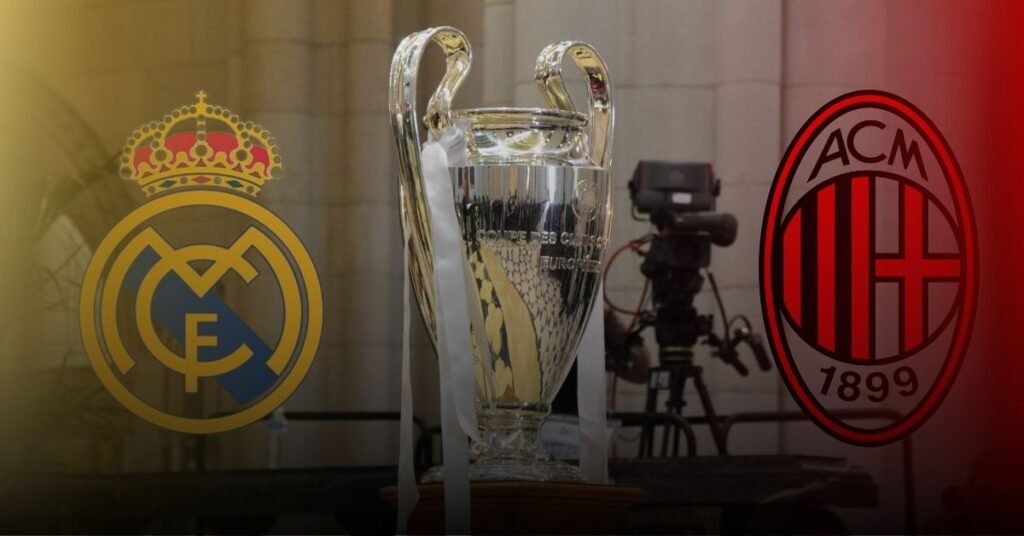
The UEFA Champions League has been dominated by a few elite clubs that have built legacies of success. These teams have not only won multiple titles but have also shaped the history of the competition. Their dominance is a result of strong management, world-class players, and a winning mentality that sets them apart from the rest.
Real Madrid stands as the most successful club in Champions League history. With a record 15 titles, they have shown unmatched dominance, winning the first five editions from 1956 to 1960 and continuing their success in modern times. Their three-peat from 2016 to 2018 under Zinedine Zidane, led by Cristiano Ronaldo, proved their ability to dominate across different eras.
AC Milan has also had its golden periods, especially in the late 1980s and early 1990s, with legends like Paolo Maldini, Marco van Basten, and Franco Baresi. Bayern Munich has been a consistent force, winning multiple titles across different generations. Their 2013 and 2020 triumphs showcased their ability to rebuild and remain at the top. Barcelona, under Pep Guardiola, introduced a new era of dominance with tiki-taka football, winning the title in 2009 and 2011 with Lionel Messi as the star.
The success of these clubs is not just about talent. Strong leadership, top-tier scouting, and financial strength have played key roles. Investment in youth academies, smart transfers, and tactical evolution have allowed these teams to stay competitive for decades. Their dominance is a testament to their ability to adapt and perform at the highest level season after season.
While football continues to evolve, these clubs remain the benchmark for success. Their legacy inspires new generations, and their battles in the Champions League continue to capture the imagination of fans worldwide.
Legendary Players and Managers
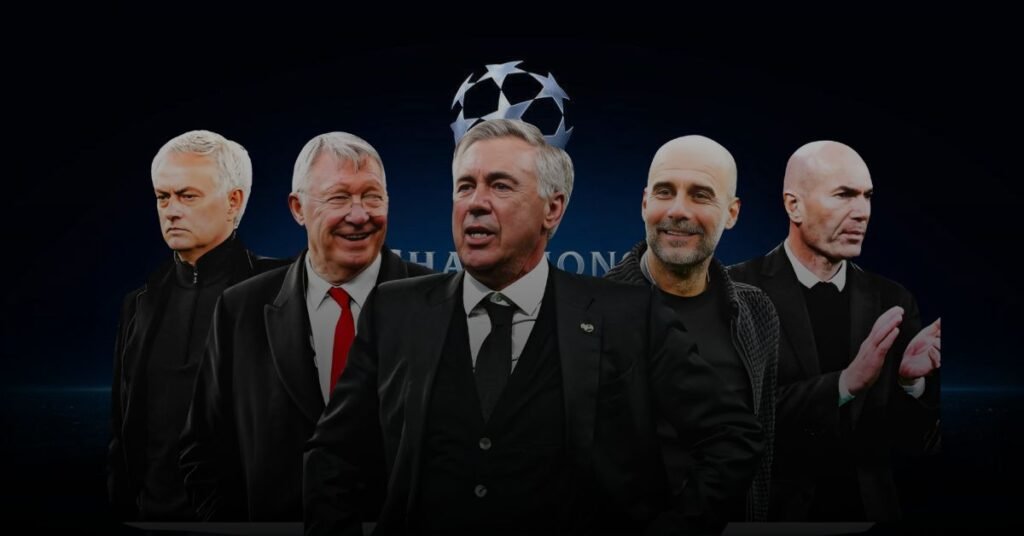
UEFA Champions League has been the home for some of the greatest players in the history of football. From goal-scoring machines to creative playmakers, the greats in football are defined by this competition. Among all the big names, Cristiano Ronaldo and Lionel Messi stand out. Ronaldo holds the record for the most number of goals in the history of the tournament after Real Madrid successfully dominated the 2010s with his exceptional performances. Dribbling and finishing is what has characterized Messi in offering some of the most memorable moments, including his five-goal haul in a record match.
Beyond goal scorers, there have also been legendary managers that changed the football game. Sir Alex Ferguson led Manchester United to two Champions League titles after making them one of the special teams in European football. Pep Guardiola changed the tactical layout with his Barcelona outfit: Two titles with tiki-taka messing up the hair of all other teams. Carlo Ancelotti, José Mourinho, and Jürgen Klopp are some names among those who have left footprints by guiding teams towards historic conquests.
These are players and managers who have made Champions League history. Their records, their glories, and their breathtaking performances turned the competition into an exhibition for the very top in football. Every season, new legends are being emblazoned on the canvas as a result of the tournaments’ legacy.
Statistical Insights and Records
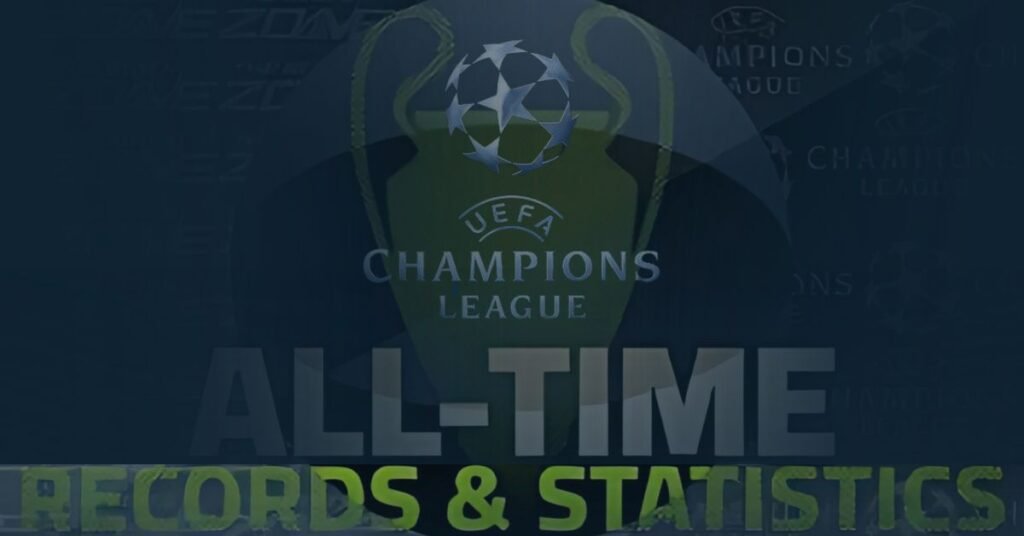
The UEFA Champions League has produced incredible records over the years. Cristiano Ronaldo is the tournament’s all-time top scorer, with 140+ goals. Lionel Messi follows closely behind, showcasing his consistency at the highest level. In terms of appearances, Iker Casillas holds the record, having played in over 175 matches during his legendary career as a goalkeeper.
When it comes to club dominance, Real Madrid leads the way with 15 titles, the most in history. They have also reached the most finals, proving their consistency across different eras. AC Milan is the second-most successful club with seven titles, while Bayern Munich and Liverpool follow with six each. Barcelona, known for their golden era under Pep Guardiola, has lifted the trophy five times.
Some records stand out as truly unique. Real Madrid won the tournament five times in a row from 1956 to 1960, a streak that remains unmatched. More recently, they became the first club to win three consecutive Champions League titles in the modern era (2016–2018). Arsenal holds an unusual record, reaching the final in 2006 without conceding a single goal in the knockout stages.
These statistics highlight the greatness of the Champions League. Every season, new records are set, and history is rewritten. Whether it’s an incredible goal tally or an unbeaten streak, the tournament continues to deliver unforgettable moments for football fans worldwide.
Impact of the Champions League on Global Football
Various attributes and connotations have been attached to the UEFA Champions League over the years. It is in most senses not a mere competition; it has redefined club football in terms of finance, transfers, and global fan engagement. First, prestige; second, massive financial reward. A good run in the tournament may see a club earn millions via sponsorships and broadcast rights. This attracts top talent to some of the best clubs, leading to a vicious cycle of domination amongst Europe’s biggest clubs.
The tournament has made a quite substantial contribution to the popularization of football worldwide. Over 200 countries air matches, and millions of fans tune in to see their favorite teams and players battle it out. The Champions League anthem, the riveting knockout stages, plus the nail-biting finals made the tournament a global spectacle. It has helped European clubs capitalize on the market by transforming into powerful international entities with huge fan bases especially in Asia, Africa, and North America.
Beyond finances and viewership, the Champions League holds deep cultural significance. Iconic moments, such as the last-minute goals or upsets, etch themselves into fans’ memories for a lifetime. The tournament also serves to unite people from all walks of life through a collective passion for the game. Furthermore, social media has drastically enhanced fan engagement through discussions, reactions, and debates that keep the thrill alive even when the matches are not being played.
The Champions League is not only limited to the pitch; it also creates impacts for the football industry, inspires youth, and brings development to the relationship existing between clubs and supporters. This tournament is ever evolving, and with time the stronger the grip it will have on world football.
Recent Developments and the Future of the Competition
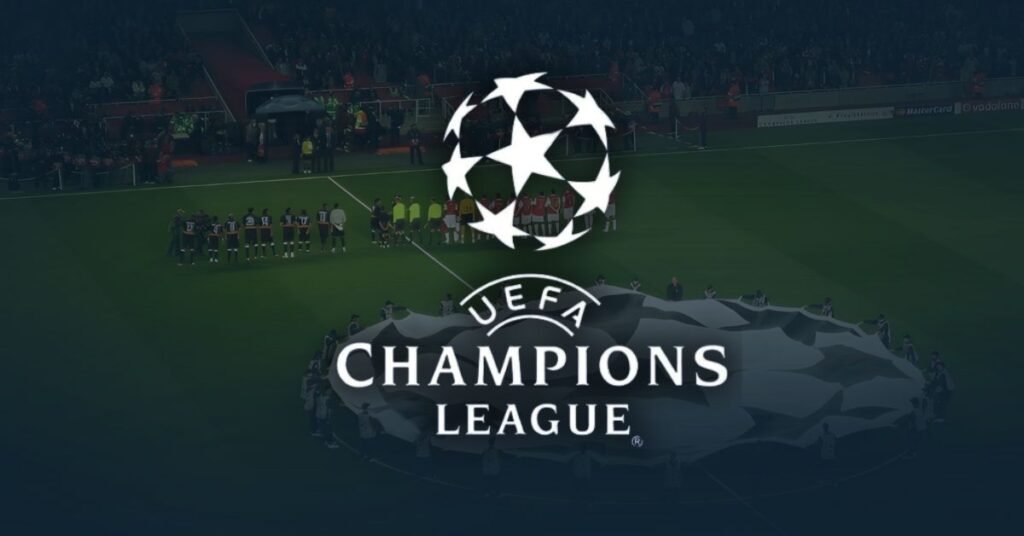
The UEFA Champions League will undergo a major transformation in the 2024-2025 season: the group stage will be redesigned as a league phase and expand from 32 to 36 teams. Each team will play eight games against eight different opponents instead of the normalized 6 in the fixed group. With this change, it will be much more exciting for the fixtures and give a higher level of competition among clubs. This new format hopes to allow clubs to generate more money through broadcasting and sponsorship deals.
Another major discussion revolves around the potential elimination of extra time in knockout rounds. UEFA has considered replacing it with a direct penalty shootout after 90 minutes. Some believe this would make matches more thrilling and reduce player fatigue. Others argue that extra time allows for fairer outcomes, as teams get more time to prove themselves. While no official decision has been made, this debate continues to gain attention.
There are also speculations about future expansions. With football’s growing global audience, UEFA might consider increasing the number of teams or introducing more knockout rounds. Some have suggested including teams from outside Europe to make the tournament really international. While these ideas are still in the think tank phase, the Champions League continues to evolve in order to remain relevant in today’s modern game of football.
As the tournament moves forward, changes will shape its future. Whether it’s new formats, rule adjustments, or global expansion, the Champions League remains committed to delivering high-quality football and unforgettable moments for fans worldwide.
Conclusion
The UEFA Champions League has made great strides since its inception. From the early days of the European Cup to the newfound modern evolution, it has grown to become the most prestigious club competition in football. Its wonderfully rich development has been shaped by iconic matches that brought classic players and clubs into dominance. Current discussions about its future with its recent format discussion show that the competition is still evolving with the times.
The essence and magic of the Champions League lie in its capacity to conjure unforgettable moments. The thrill, passion, and nail-biting intensity of the matches keep the fans glued to screens, season upon season. It can be a stunner of a goal in extra time, thrilling underdog performances, or record-breaking appearances-the competition does guarantee excitement. Its worldwide reputation and cultural relevance attest that football isn’t just a game; it is an experience that binds the people together.
What are your best memories of the Champions League? Which matches, players, or moments stand out the most? Share your thoughts in the comments and let’s celebrate the magic of football together!









